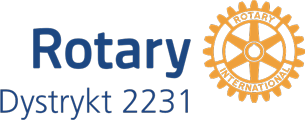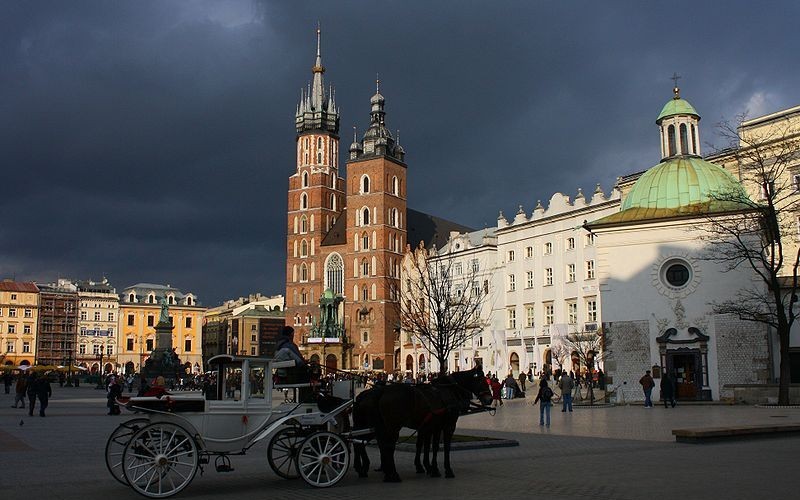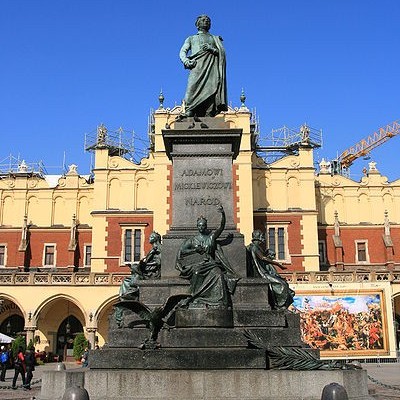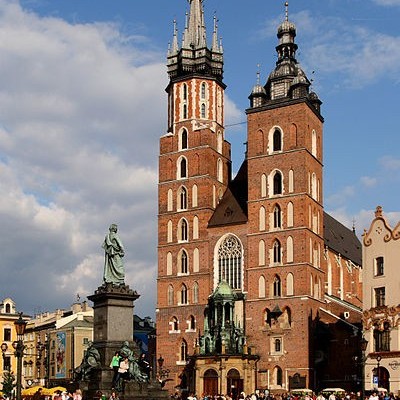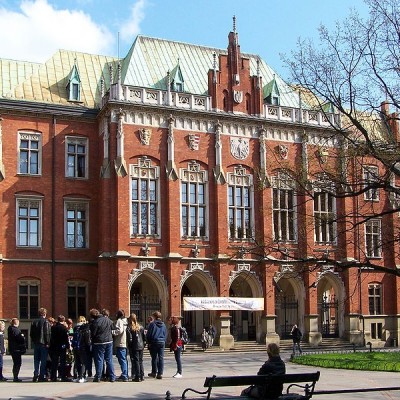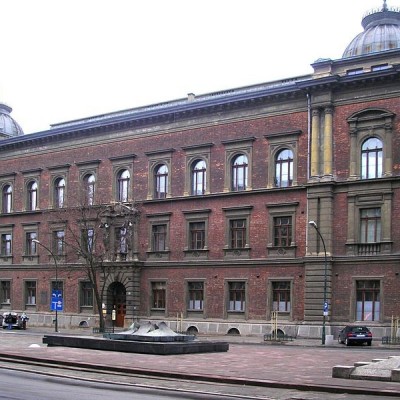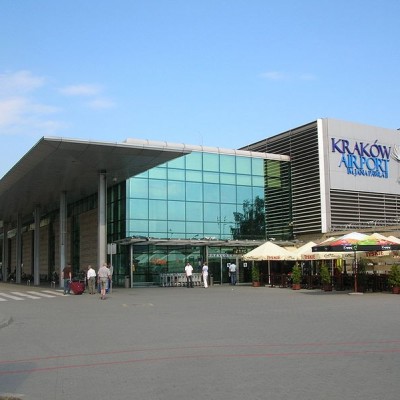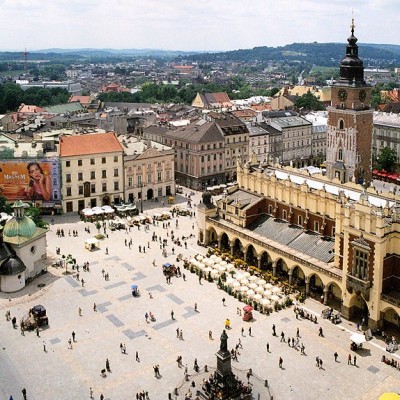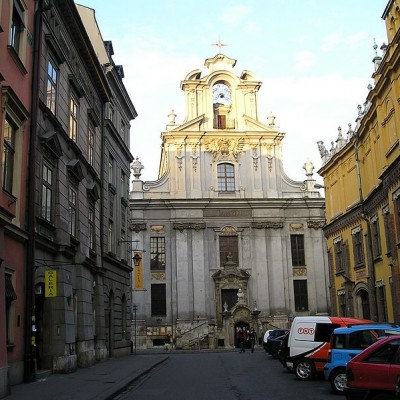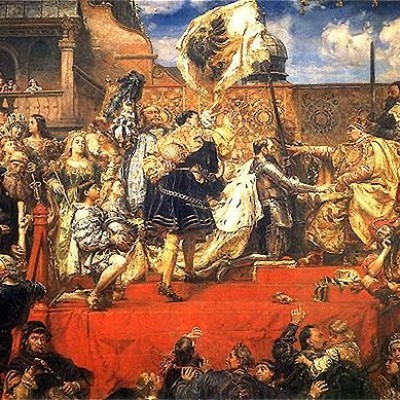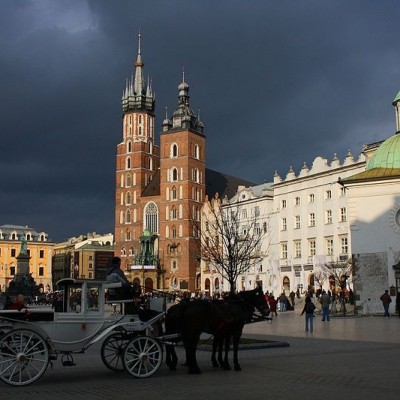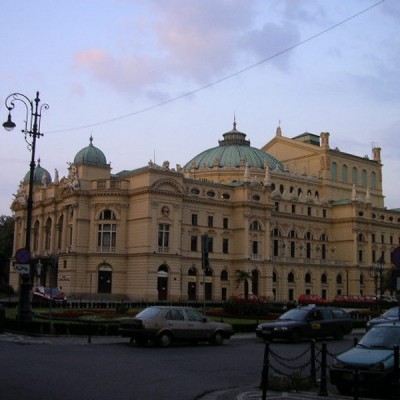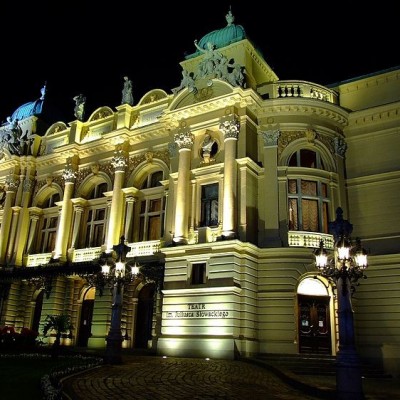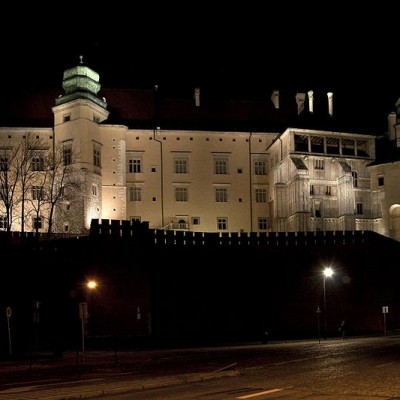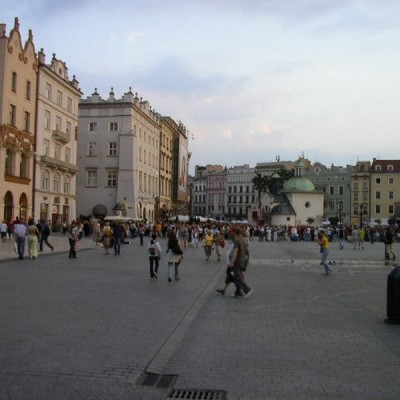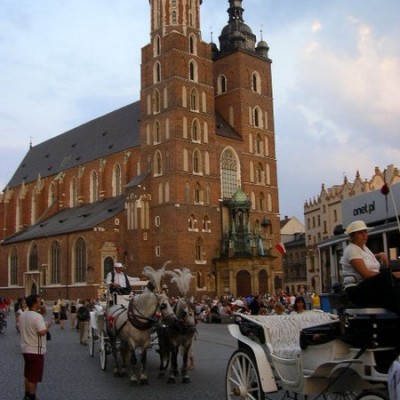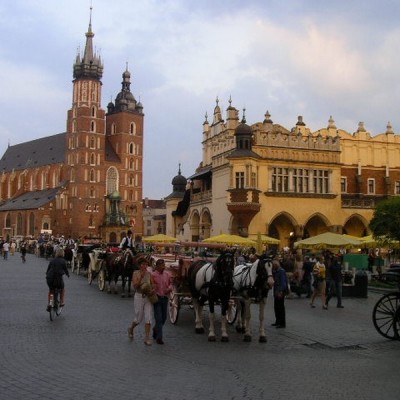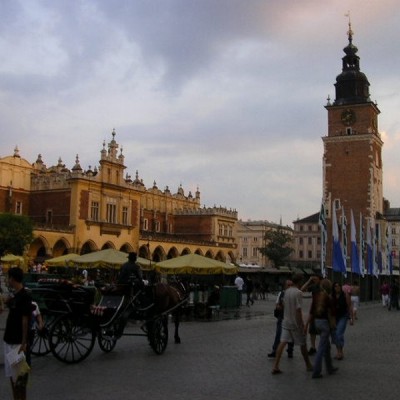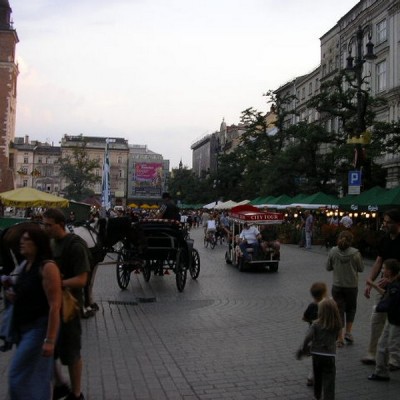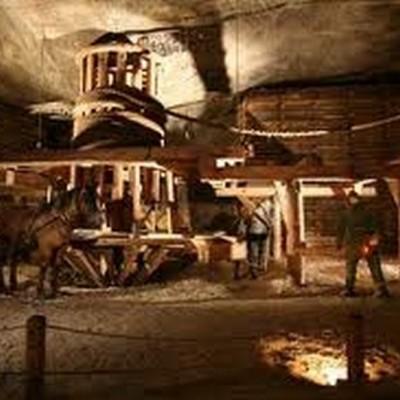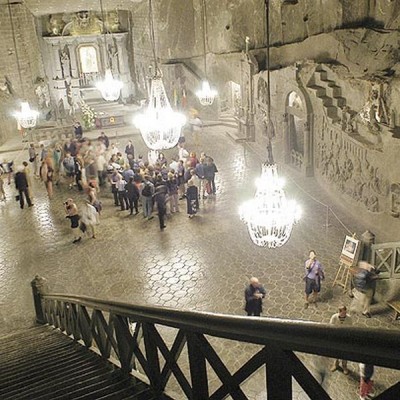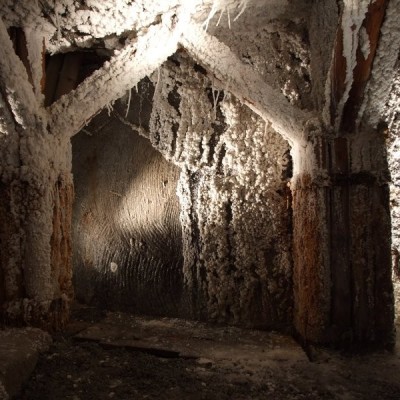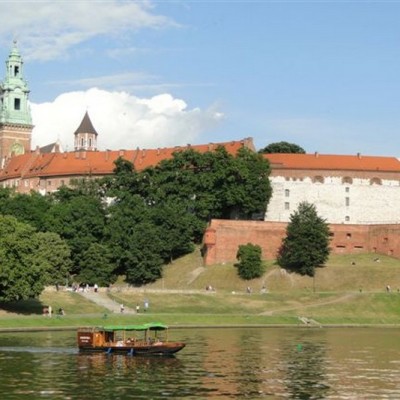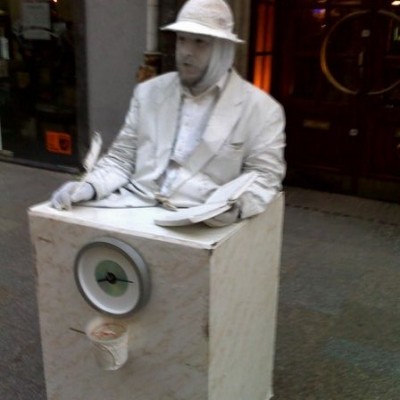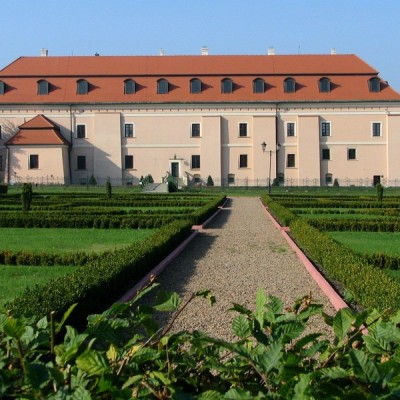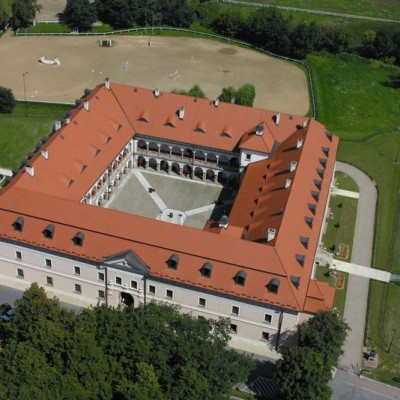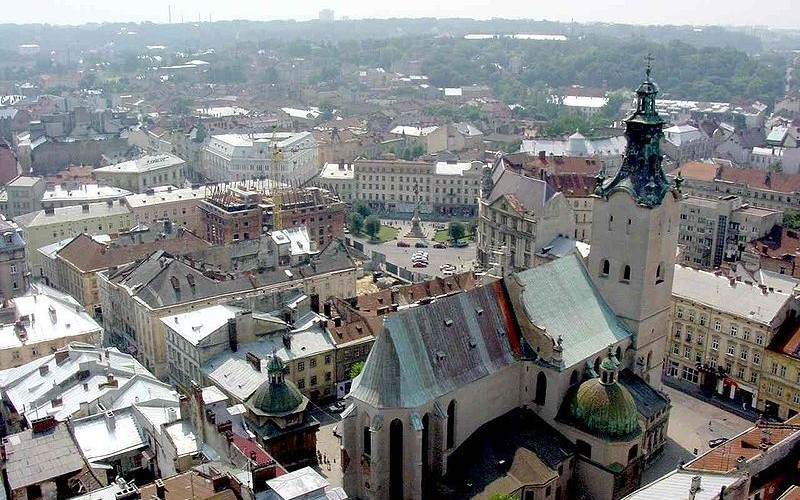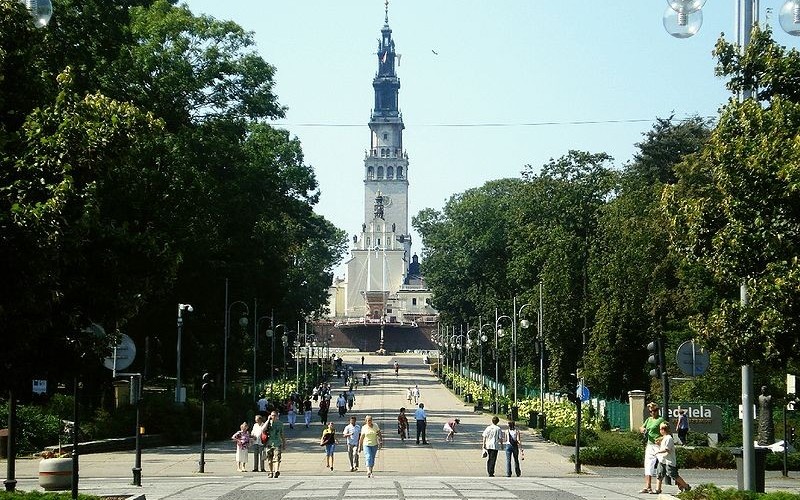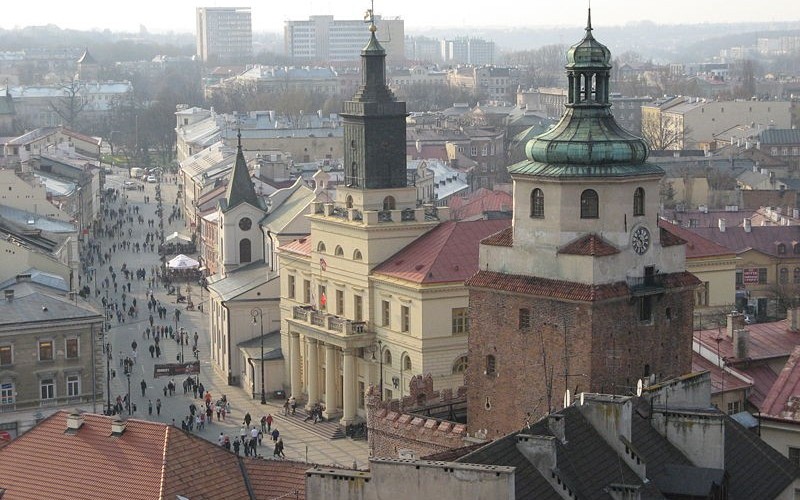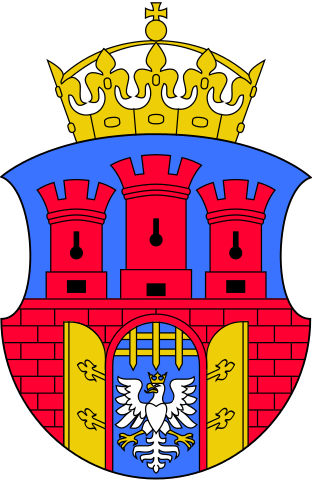 Krakow (latin.Cracovia) – a town in southern Poland, situated on the Vistula River, the second in the country in terms of population 800 000, 1 million agglomeration. It is one of the oldest Polish cities of years of history, with many valuable architectural objects. It also operates in many cultural centers and institutions that collect priceless monuments. Until 1795, Krakow was the Polish capital and formally established the rulers of the Polish state. Today is the capital of the Małopolska province, as well as a center of metropolitan Cracow agglomeration. The historical record is considered a major historical city of Malopolska. For the historical function of Cracow applies his full name – Royal Capital City of Krakow. On the international Krakow is perceived as a „spiritual and scientific heart of Polish”.
Krakow (latin.Cracovia) – a town in southern Poland, situated on the Vistula River, the second in the country in terms of population 800 000, 1 million agglomeration. It is one of the oldest Polish cities of years of history, with many valuable architectural objects. It also operates in many cultural centers and institutions that collect priceless monuments. Until 1795, Krakow was the Polish capital and formally established the rulers of the Polish state. Today is the capital of the Małopolska province, as well as a center of metropolitan Cracow agglomeration. The historical record is considered a major historical city of Malopolska. For the historical function of Cracow applies his full name – Royal Capital City of Krakow. On the international Krakow is perceived as a „spiritual and scientific heart of Polish”.
In Krakow, there are the head offices of such : Polish Academy of Skills, National Science Centre, European Society of Surgeons, the Polish Association of Synchrotron Radiation, National School of Magistracy, the Polish Special Forces Command, Polish Ski Association. The city also has many cultural institutions of national importance and status of such Old National Theatre, National Museum, National Printing, Jagiellonian Library, the Book Institute.
The city serves as the center of the administrative, cultural, educational, scientific, economic, commercial and tourist destination. During World War II were deported to Germany, many works of art, many of which did not return to the country. Major tourist attractions include the Wawel Royal Castle, Old Town and Kazimierz – is a UNESCO World Heritage Site. In 2000, Krakow has been the title of European Capital of Culture.
Krakow is considered the capital of Polish culture. Artistic climate of the city enhances the historic old town, which came out unscathed from the turmoil of World War II. Wawel, the Cloth Hall, or monuments of Kazimierz, which became a permanent feature in Polish history. The agglomeration of Krakow is the Wieliczka Salt Mine where salt is mined continuously since the Middle Ages. Thanks mine shafts illustrate the stages of mining technology development. The total length of all the underground tunnels is about 300 km. Nine levels of the mine reaches a depth of 327 meters in 1978 was declared a UNESCO World Heritage Site.
Krakow is the second, after Warsaw, the largest market in the country of modern office space and also one of the key road and rail junctions in Poland. Krakow is second only to Warsaw, the center having the largest share of GDP. In Balice near Krakow is the second largest Polish airport of international importance. Location of Krakow makes it a base for excursions in the Polish mountains, or trips to the picturesque Polish Jura.
In 2006 he was listed among the five most popular cities in Europe, in 2007, was named „the most fashionable city in the world” according to the U.S. website Orbitz agency, determining trends in world tourism. Krakow was considered to be valued by investors place investments in centers of finance and accounting, multi-lingual customer service centers and service centers for recruitment and human resource management.
In Krakow, there are 23 universities, including 10 public universities and 13 private institutions in this study where 210 thousand. people. The three largest universities have set up Krakow Technology Park, is designed primarily for businesses with high-tech sectors (electronics, information technology, telecommunications, biotechnology), but also from other industries (ie, printing, automotive, logistics). European Institute of Technology announced that the competition within the KIC won Knot Knowledge and Innovation in Krakow – CC PolandPlus, and participation in the project allows you to create a completely new technologies and their transfer to the business. Polish scientists study area is clean coal technologies.
